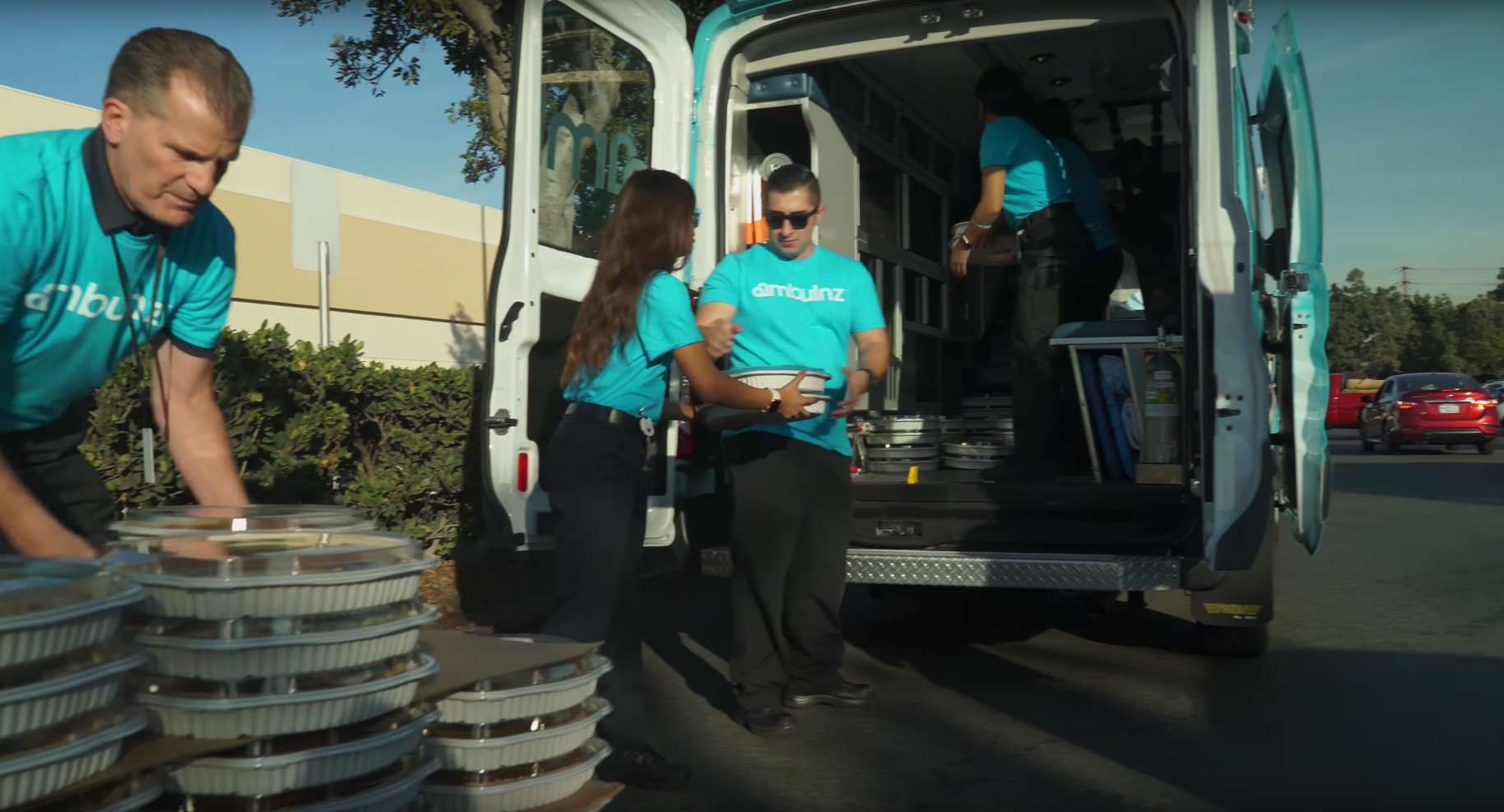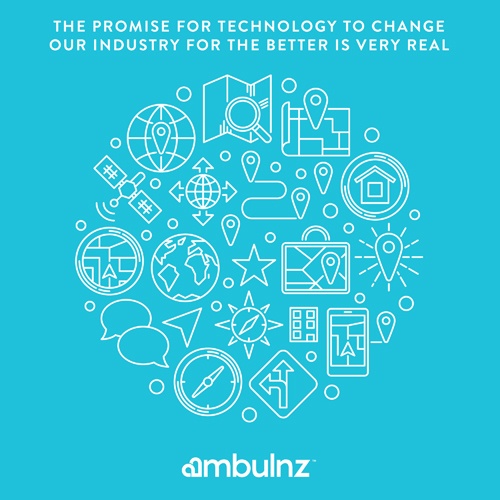Steve Jobs famously said that people don’t know what they want until you show it to them.
He applied this philosophy over and over at Apple to deliver new technologies that transformed the world, from disrupting the music industry with the iPod, to reinventing existing technologies to give them mass appeal with the Macintosh and PowerBook.
These technologies were not the first of their kind. There were other MP3 music players, computers and laptops before the iPod, Macintosh and Powerbook.
But what these technologies did was give people new experiences they never dreamed possible – all driven by great design, ease of use and the goal of solving fundamental problems and addressing limitations with the existing ways of doing things.
And that is why Jobs said what he did.
How are people to demand a new type of experience or a new technology if all they know is a fundamentally flawed or outdated way of getting things done?
At best, people might be able to help identify flaws in the existing systems, or even define the destination, but they don’t always know enough to help you get there, especially if the solution requires a new technology or business model.
All of this is to say that I believe the best technology does two things: it solves real problems and it creates new and never-before-imagined experiences.
In doing so, technology also has the capacity to transform industries if those solutions and new experiences change customers’ fundamental expectations for a product or service or disrupt established ecosystems and infrastructures of those industries.
Take the travel industry, for example, where some of you might remember when the only way to book a vacation was through a travel agent, unless you did it on your own by spending hours on the phone. People now have a myriad of options for websites that can manage flight and hotel bookings with just a few clicks of a mouse. This was unimaginable not too long ago.
Media industries, from music to movies to books to newspapers, have all been transformed through technology, with customers now having seemingly unfettered access and unlimited options for consuming content. Again, who could have imagined this just a few years back as we flipped through just a couple of dozen television channels or took a ride to the local video store.
The automobile industry is facing its greatest transformation since the invention of the internal combustion engine. Autonomous vehicles, which are already on the roads in some places, will become commonplace within 10 years and start to challenge our conventional ideas about everything from automobile ownership to urban planning (who needs all those garages and lanes of freeway when cars are accessible on demand and can safely drive inches apart and never collide). Talk about an entirely new experience.
And healthcare, of course, is undergoing significant transformation due to technology as well. Fitness trackers and other wearables, as well as health smartphone apps, have helped people move from reactive to proactive health management.
The job of healthcare providers has been altered forever due to the implementation of electronic medical records, and additional change is on the way with technologies such as telemedicine and even the application of artificial intelligence to improve diagnosis and treatment of diseases.
Then, there is our industry, which unfortunately has largely missed the technology wave despite the obvious need for transformation.
There are many explanations and excuses for why medical transportation has failed to embrace technology, but waiting for patients to tell us they want a different experience should not be one of them.
As Jobs noted, sometimes customers simply don’t know what they want until they see it. From my perspective, our industry as a whole has conditioned caregivers and patients to expect the low-tech, inefficient and sub-standard experience that has plagued them for years.
"The promise for technology to change our industry for the better is very real. It can not only make our operations more efficient, it can improve the experience for patients, caregivers and EMTs alike.
It can literally change the game by monitoring driver safety, enabling immediate crew feedback, providing accurate ETAs, making it easier to request transports, streamlining payments, ensuring clinical compliance, enabling online learning and much more.
Like the other industries that have been transformed by technology, there will be learning curves and growing pains, fits and starts, but eventually our industry could look like nothing we can currently imagine.
But we can’t wait for anyone to demand the change. We can’t wait for anyone to give us the plans. We need to be bold. We need create the future that we want and that our customers can’t yet see. And yes, we need to think different.






